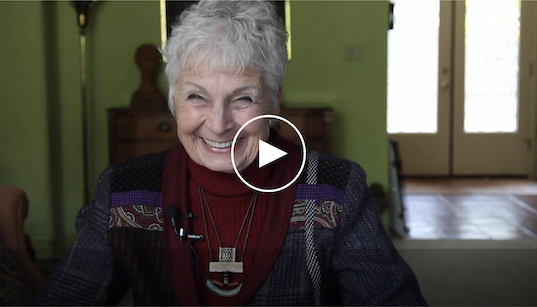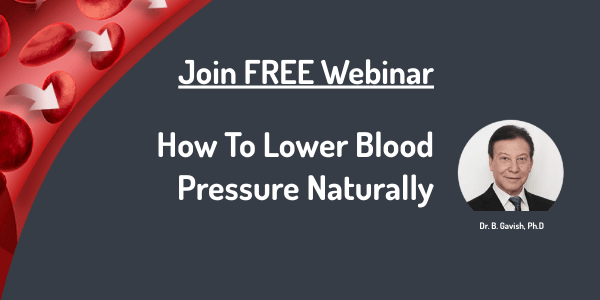There are plenty of natural remedies for insomnia. But many people have problems getting to sleep – and stay that way. Maybe a dream wakes you up in the middle of the night and you have trouble drifting off again. Or you might find that your brain is still running hours after you’ve said goodnight.
Yes, insomnia has become an epidemic in America all right. In fact, more than half of us experience some sort of problem sleeping at least several nights a week.
But, while a sleepless night can be frustrating, it’s the next day that’s the real killer. All of that tossing and turning can leave you dragging, mentally dull and longing for a little shut-eye. Yet, even though sleeplessness can make you feel like a zombie, it turns out that it isn’t as detrimental as we’ve been led to believe.
Of course, this hasn’t stopped Big Pharma from trying to cash in on our sleep-deprived society. Pick up a magazine or flip on the TV. No doubt you’ll find one of the seductively soothing ads for sleeping pills.
But no matter how warm and fuzzy the ads are, you can’t mask the fact that these drugs act directly on the central nervous system and may cause hallucinations, depression, muscle aches, and even amnesia – and that’s just after one dose!
If that isn’t enough to cause second thoughts, these drugs can also bring on suicidal tendencies. And if you’re over the age 65, you’re much more likely to experience these side effects.
Watch How Mark Lowered His Blood Pressure Naturally. It was 150/100, this morning it was 110/79 Watch Video
Using Medicinal Plants
A number of medicinal plants are traditionally endowed with anti-anxiety or sedative properties and, in the context of this review, both indications are considered since the former may induce a mood conducive to the latter.
For any sleep-inducing drug to be effective, a tranquil atmosphere needs to be established. Thus, physical ailments (i.e. pain), factors interfering with sleep (i.e. noise), psychological conditions causing stress, psychiatric illnesses (i.e. depression) and other drugs that interfere with sleep (i.e. caffeine) need to be controlled, if possible.
Kava-Kava
Kava (or kava-kava) is an extract of the roots of the Polynesian
plant Piper methysticum and is used in the South Pacific for its sedative, aphrodisiac and stimulation effects, both recreational and in religious ceremonies.
It’s best prepared and consume a couple of hours before you plan to sleep, preferably before you eat or 2-3 hours afterward as kava’s effectiveness is greatly diminished on a full stomach. When drinking Kava, whether it’s from the traditionally prepared root or flavored instant kava, your body will begin to relax. The stress from the day will melt away naturally and you’ll be nothing but a pile of goo ready for a great night sleep!
Is Kava Safe?
There is a debate on whether Kava is actually safe. One camp says yes. Another camp says no. The last camp states there is not enough evidence either way. From what I have read using too much Kava can cause ataxia, hair loss, rashes, yellow skin, impairments of sight and hearing, breathing and swallowing difficulties, anorexia and weight loss. My suggestion research it and discuss with your physician.
Aromatherapy
A popular way to induce a state of tranquillity, the necessary substrate
for the induction of sleep, is by the inhalation of certain volatile oils. The most notable of these are: lavender, chamomile and Ylang-Ylang.
Valerian
This time-honored remedy is noted as: ‘a soother of troubled nerves and an inducer of untroubled sleep, mild in effect but safe in use’. There is a multitude of Valerian species worldwide but Western medicinal Valerian is derived from Valeriana officinalis, either as aqueous or ethanol extracts, which do not necessarily yield equivalent doses. The usual therapeutic dose is 600 mg daily.
Ylang-Ylang
Derived from the tropical tree, Cananga Odorata, Ylang-Ylang is reputed to have calming effects on humans. In a recent study on 144 healthy adults, participants were divided into three groups in cubicles infused respectively, with Ylang Ylang, peppermint (a reputed stimulant) or no odor. On various psychological tests, those in the Ylang-Ylang atmosphere reported increased levels of calmness, but at the expense of impaired
memory and attention.
The evidence suggests that aromatherapy may have some merits in inducing a state of mind conducive to sleep, but whether the technique has any direct hypnotic effect is uncertain.
Chamomile
Usually taken in the form of a tea, inhalation of the resultant vapor is an important element of any sedative effect that these flowers may have. Chamomile is widely regarded as a mild tranquilizer and sleep-inducer. Sedative effects may be due to the flavonoid, apigenin, that binds to benzodiazepine receptors in the brain. Studies in mice and rats have shown anticonvulsant and CNS depressant effects respectively. Clinical trials are notable for their absence, although ten cardiac patients are reported to have: ‘immediately fallen into a deep sleep lasting for 90 minutes’ after drinking it.
Concluding Thoughts
There are many natural ways that we can fall asleep. Finding the correct one may take time and effort on your part. We are individuals and are not one size fits all. What may work with your friends may not work with you. My suggestion if you want to go the alternative route is speaking with a licensed holistic practitioner or aromatherapist.











 Download Brochure
Download Brochure